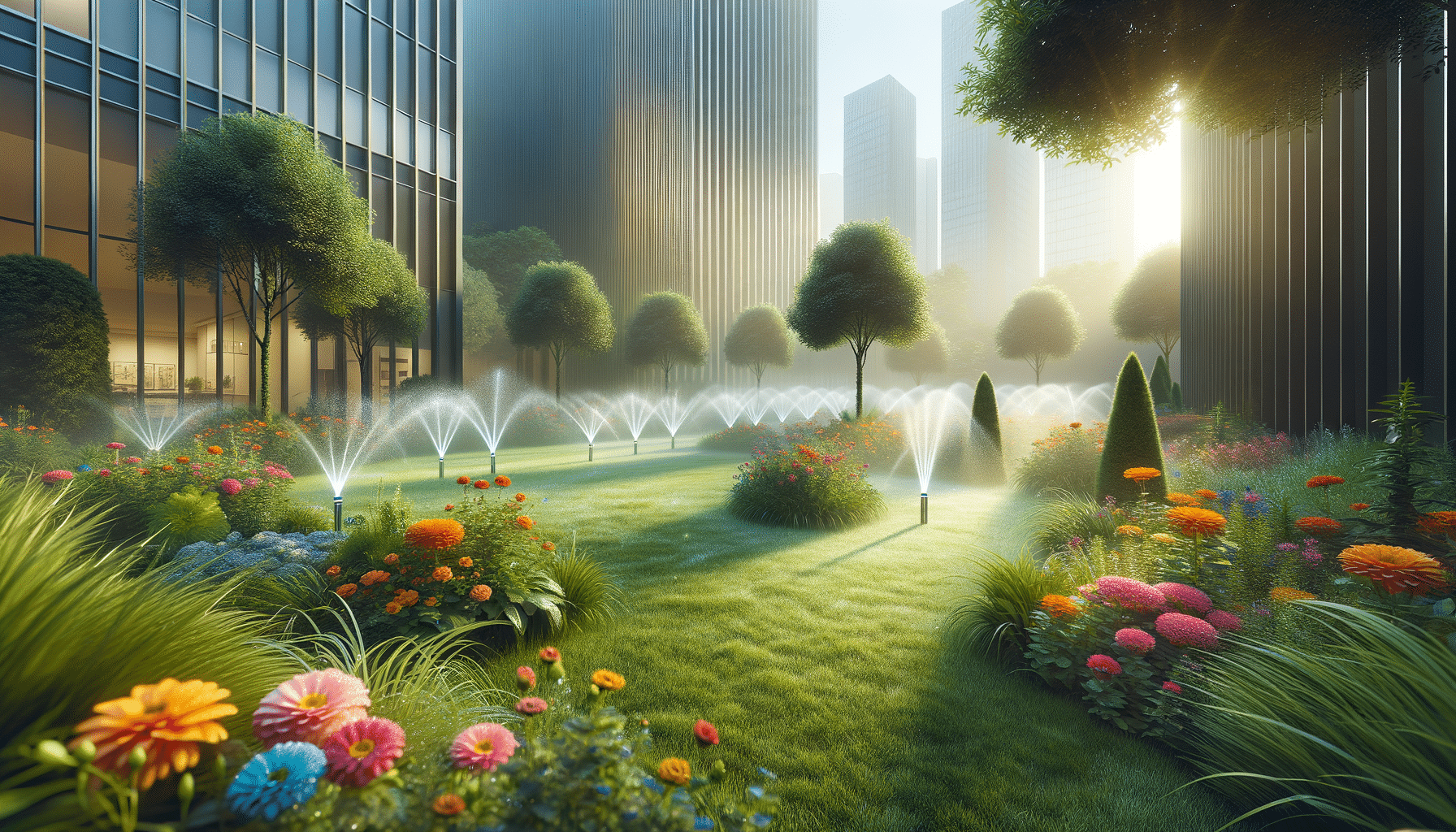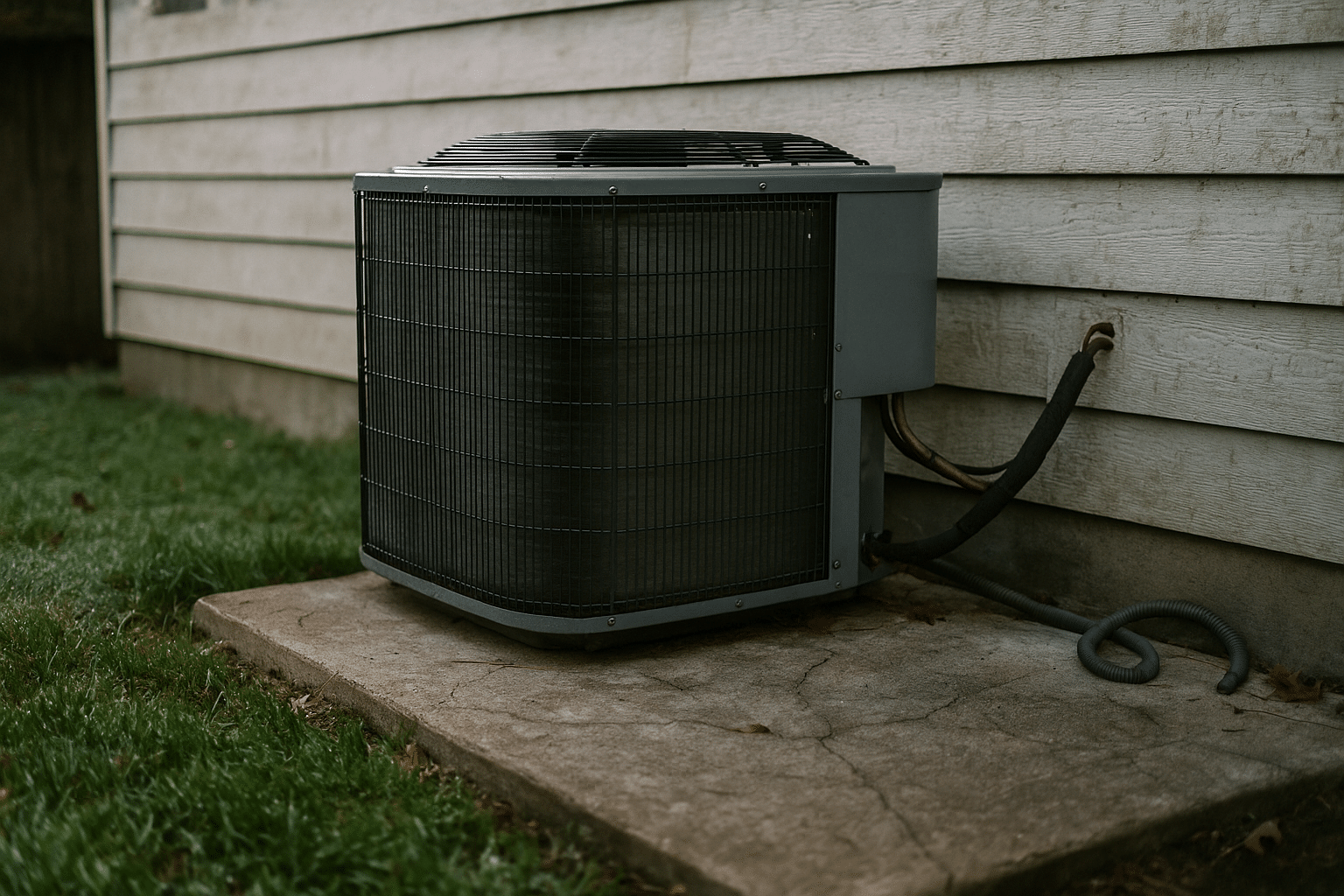
Smart Irrigation: Water Resource Management and Technological Innovation in American Gardens
Introduction to Garden Irrigation Systems
Garden irrigation systems have become a cornerstone of modern landscaping, transforming the way homeowners and professionals nurture their plants. With the increasing focus on water conservation and sustainability, these systems have evolved beyond the traditional hose-and-sprinkler methods. Smart irrigation systems now integrate advanced technologies to optimize water usage effectively. This innovation is particularly significant in the United States, where water scarcity is a growing concern. As the country faces challenges in water management, the adoption of smart irrigation systems offers a viable solution to reduce water wastage and ensure efficient garden care.
The Role of Technology in Smart Irrigation
Technology plays a pivotal role in the advancement of irrigation systems. By incorporating sensors and automated controls, modern irrigation systems can adjust water distribution based on weather conditions and soil moisture levels. This not only conserves water but also ensures plants receive the right amount of water they need to thrive. Smart irrigation systems can be programmed to water at optimal times, reducing evaporation and runoff. These systems can also be controlled remotely via smartphones or computers, allowing users to manage their irrigation schedules with ease. As a result, the integration of technology in irrigation systems enhances both convenience and environmental responsibility.
Benefits of Smart Irrigation Systems
Smart irrigation systems offer numerous benefits, making them a preferred choice for homeowners and landscape professionals. One of the most significant advantages is water conservation. These systems can reduce water usage by up to 30%, which is crucial in regions experiencing drought or water restrictions. Additionally, smart irrigation systems promote healthier plant growth by delivering water more efficiently. This precision watering prevents overwatering, which can lead to root rot and other plant diseases. Furthermore, the convenience of automated systems saves time and effort, allowing users to focus on other gardening tasks or simply enjoy their outdoor space.
Challenges and Considerations
Despite their advantages, smart irrigation systems come with challenges and considerations. Initial installation costs can be higher than traditional systems, which may deter some homeowners. However, the long-term savings on water bills and the environmental benefits often outweigh the upfront investment. Additionally, these systems require regular maintenance to ensure sensors and controls function correctly. Users must also be aware of the technological learning curve, as some systems can be complex to operate. Careful consideration of these factors is essential when deciding to implement a smart irrigation system.
Conclusion: The Future of Garden Irrigation
Smart irrigation systems represent a significant step forward in garden care and water resource management. As technology continues to advance, these systems will likely become more accessible and user-friendly. The potential for integration with other smart home systems offers exciting possibilities for the future. By embracing smart irrigation technologies, homeowners can contribute to sustainable water usage while maintaining beautiful and healthy gardens. In the face of environmental challenges, smart irrigation stands out as a practical and innovative solution, ensuring that gardens can flourish without compromising our precious water resources.


